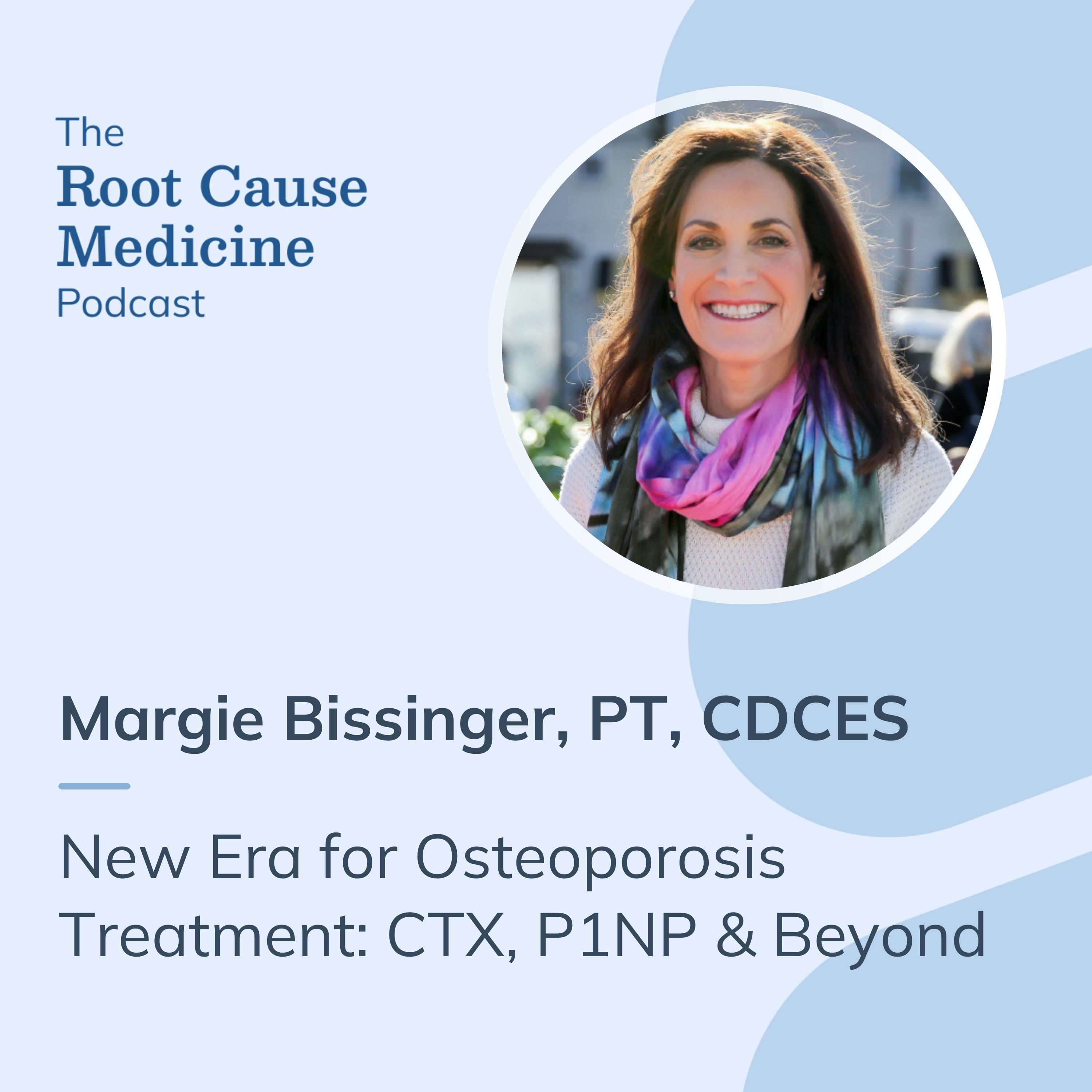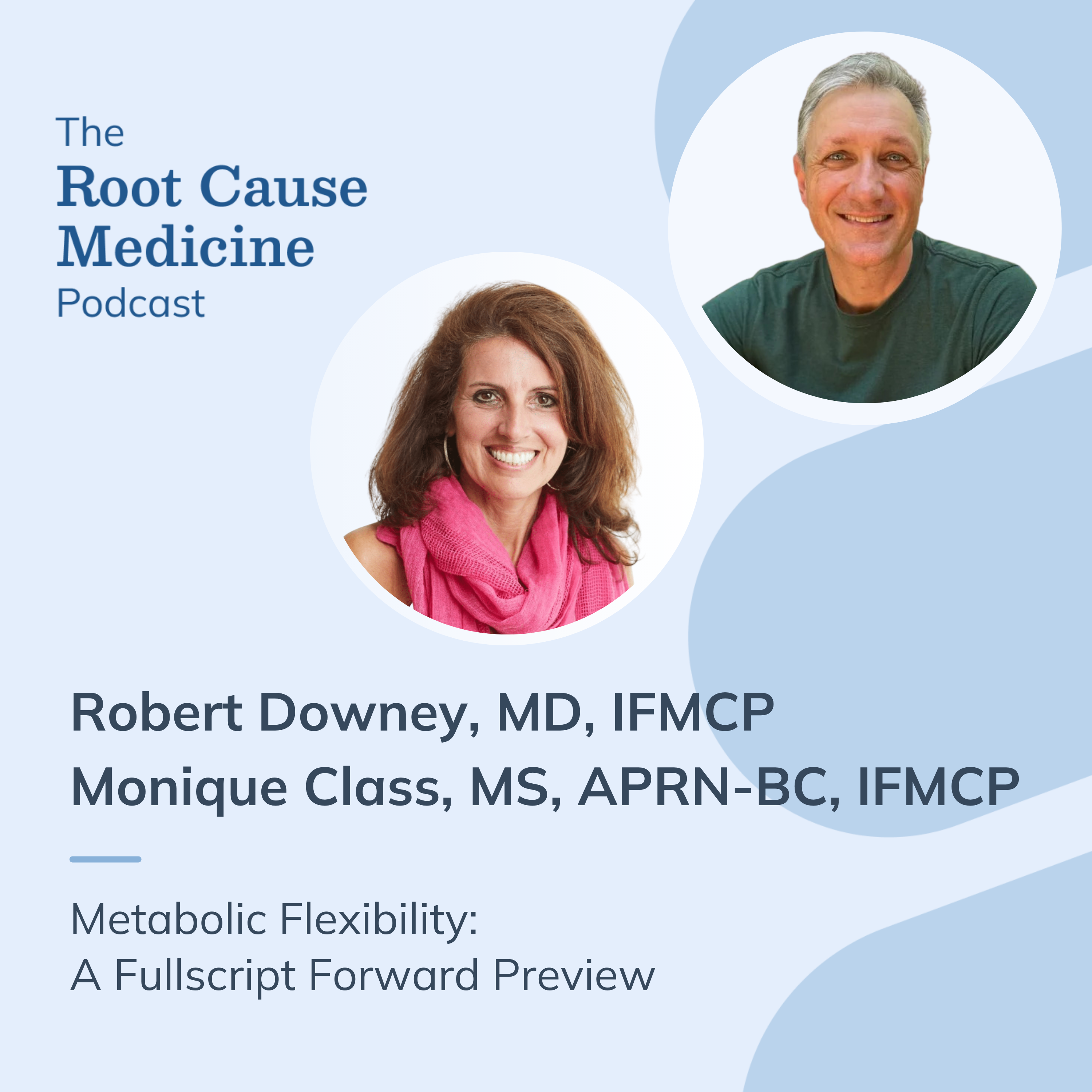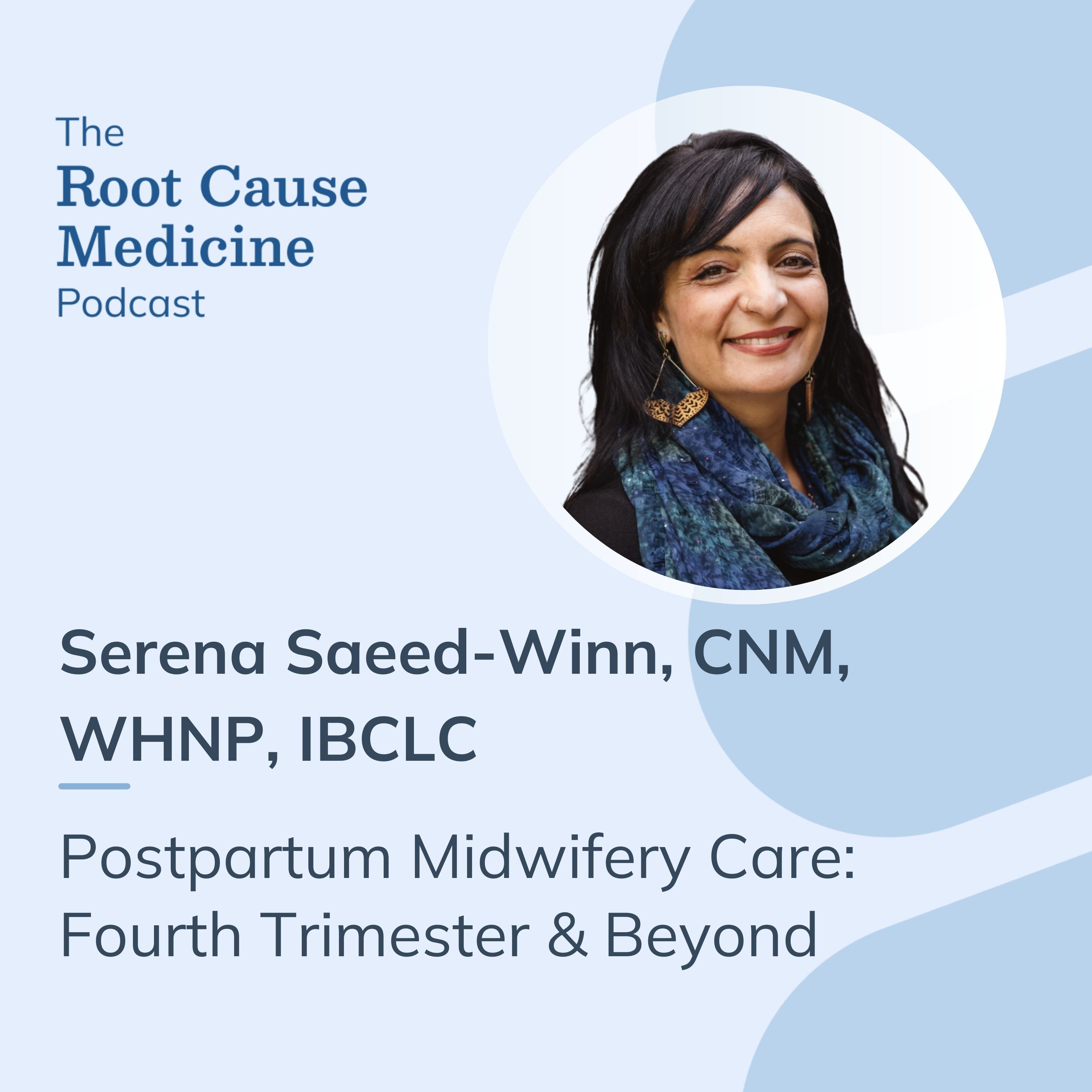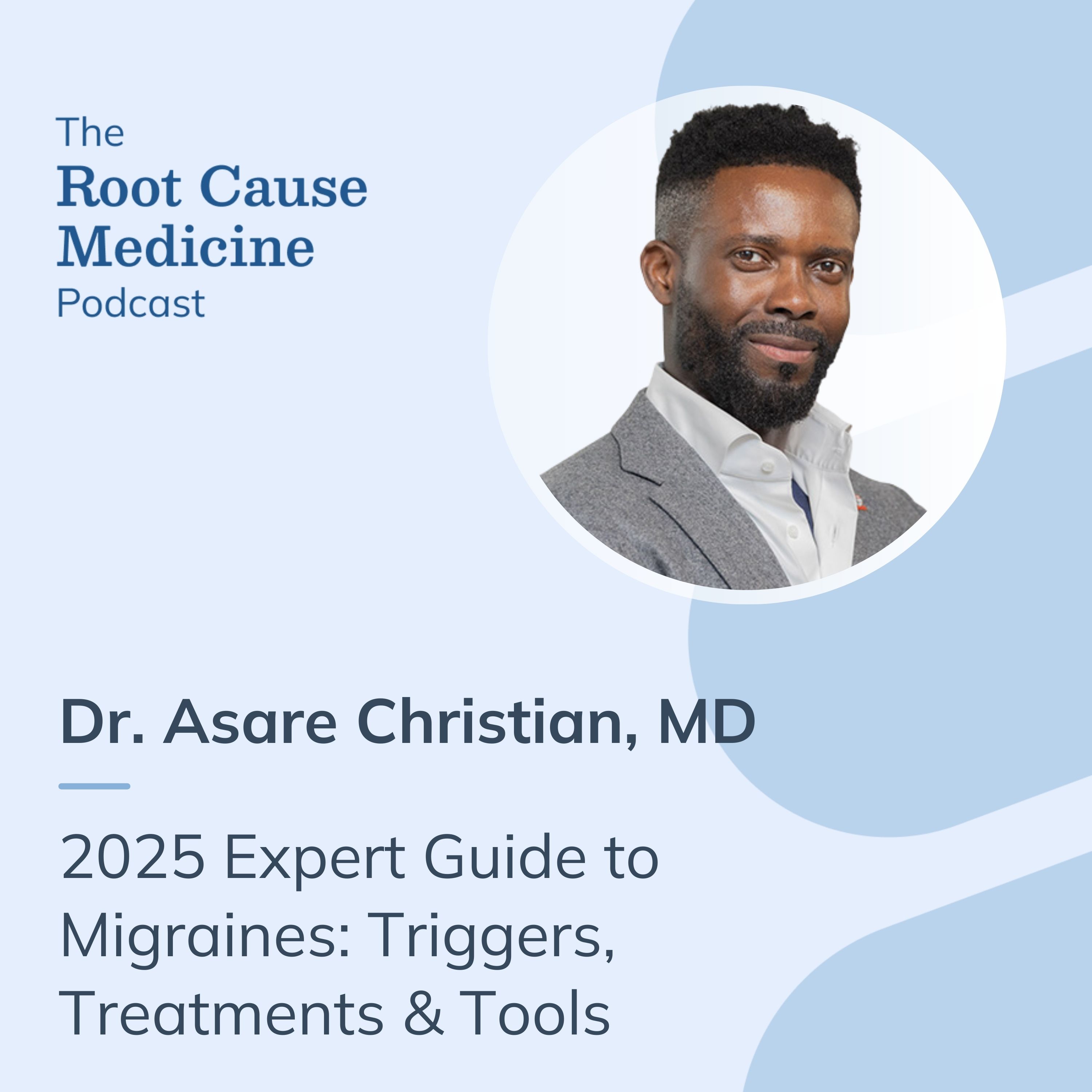As we grow older, it is common to notice that our minds might not be as quick as they used to be. It is normal to forget things or take a little longer to solve problems as we get older, but these symptoms also serve as a reminder of how important it is to do everything we can to keep our brains healthy.
Here's where an exciting study becomes relevant: it suggests a simple but potentially effective way to use probiotics to support our mental and emotional health. This study is important because it gives older people hope and provides practical steps to help maintain mental clarity and a positive mood.
The study examined how probiotics affect healthy older people and found that these beneficial bugs could have a positive impact on how we age. Probiotics might not only help us with memory but also support a better mood, which could make the golden years truly golden.
In a world where many of us want to age with grace, this study's results are more than just data; they are a beacon calling us toward a simple food choice that could positively impact our quality of life as we age. It is a call to regard caretaking our gut as an essential part of supporting our minds and hearts well into old age.
[signup]
Probiotics and Their Impact on Older Adults' Brain Health
Diving into the world of gut health and its connection to the brain, the researchers conducted a study on 63 lively seniors, all free from hypertension. Over 12 weeks, these participants either received a placebo or a daily dose of probiotics, specifically strains known as Bifidobacterium bifidum BGN4 and Bifidobacterium longum BORI.

This study stands out because it focuses on not just any group of individuals but healthy older adults, shining a light on preventive care rather than treatment of existing disease. The results were promising. Those who took probiotics didn't just see an improvement; they experienced notable enhancements in their mental flexibility and felt less stressed. It's as if the probiotics were encouraging their brains to be more adaptable and resilient. Even more fascinating was the increase in a particular protein called BDNF, often dubbed the 'fertilizer' for the brain, crucial for learning and memory, which increased in those who consumed probiotics.
Gut Health Meets Brain Health
This study explored the connection between our gut and brain, revealing how certain gut bacteria, influenced by probiotics, played a role in supporting brain health. It wasn't just about the numbers but the quality of these microbial communities. The decrease in bacteria linked to inflammation and the enrichment of beneficial ones presented a gut ecosystem that may foster a healthier, happier brain.
What This Means for You
If you're navigating the golden years of life or guiding someone who is, there's a spark of hope worth exploring. Imagine the possibility of enhancing mental agility and uplifting mood with something as simple as incorporating probiotics into the daily routine.
It's a testament to the power of preventive measures and a balanced diet, underscoring the potential of probiotics for gut health and as allies in our quest for mental clarity and positivity in our senior years.
A Path Forward: The Future of Aging Gracefully
This groundbreaking study is more than just a piece of research; it's an inspiring call to embrace a holistic approach to aging. Revealing the positive effects of probiotics on cognitive function and emotional well-being in older adults opens up fresh pathways for dietary strategies aimed at enhancing a life filled with vitality, happiness, and mental clarity into our later years.
As we delve deeper into the secrets of the gut-brain axis, the potential of dietary interventions like probiotics shines as a beacon of hope, pointing towards a future where aging is not just about growing old but flourishing mentally and emotionally.
[signup]
Key Takeaways
- Probiotic supplementation with specific strains (Bifidobacterium bifidum BGN4 and Bifidobacterium longum BORI) may help improve mental flexibility, reduce stress, and increase brain-derived neurotrophic factor (BDNF) in older adults, highlighting the potential of probiotics in supporting cognitive health and emotional well-being.
- The study underscores the vital link between gut health and brain function, demonstrating how probiotics can positively affect this relationship by altering the gut microbiome.
- The research suggests the inclusion of probiotics in the daily regimen of older adults as a simple yet effective preventive measure. It points towards the potential of dietary interventions to not only support gut health but also serve as a cornerstone for maintaining and enhancing cognitive function and emotional health in later life.












%201.svg)







